The Newcomer from Germany Wants to Advance Europe
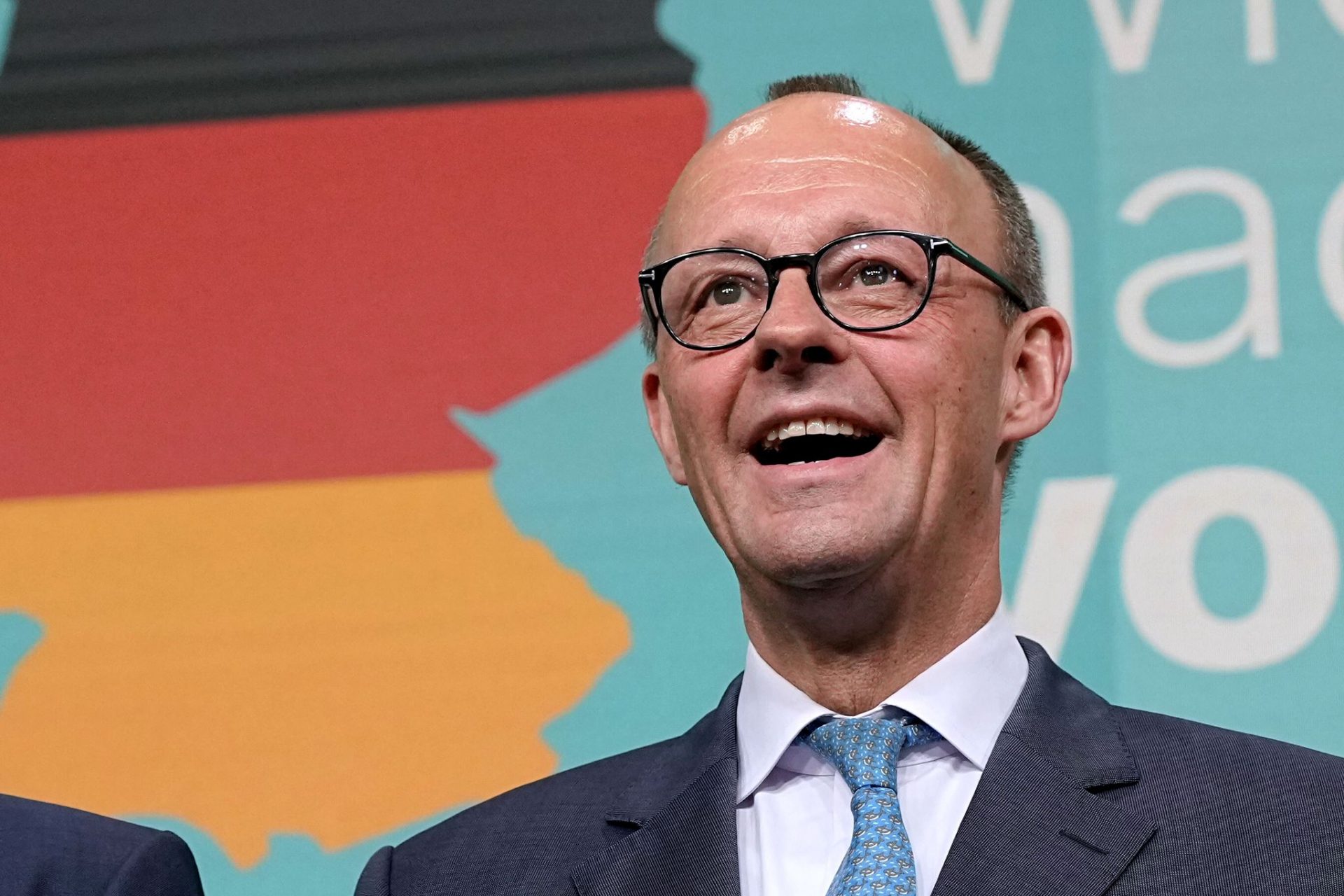
Brussels – The new German Chancellor Friedrich Merz aims to make Germany a driving force in the EU again. He wants to make his “personal contribution to ensure that Europe successfully moves into the coming years,” said the German politician at the start of his summit debut in Brussels, where a whole range of difficult topics are on the agenda, including sanctions against Russia, relations with Israel, and the trade dispute with the USA.
“Europe is facing decisive weeks and months”
Friedrich Merz, German Chancellor
Return to Brussels: Merz is a staunch European
For him, the summit marks a return to the European political stage. Merz began his political career as a member of the European Parliament, which he belonged to from 1989 to 1994. As opposition leader, Merz repeatedly attacked his predecessor Olaf Scholz for his actions in Brussels.
“Unfortunately, it must be said: The majority of European heads of state and government simply no longer want to meet the German Chancellor, who either sits silently for hours or condescendingly explains the world,” he wrote in his newsletter last December.
Merz wants to do things differently and bring Germany back into a real leadership role in Europe. “Germany will take initiatives to revive the European idea of freedom and peace so that Europe lives up to its claims and significance in the world,” he promised after taking office in his government statement.
The following topics could play a role:
Migration: Meeting with hardliners as the first sign
Even before the official start of the summit, Merz made a first sign by meeting with hardliners regarding EU migration policy – a group of EU countries led by Italy’s Prime Minister Giorgia Meloni, Denmark’s Prime Minister Mette Frederiksen, and the Dutch Prime Minister Dick Schoof. The meeting focused on facilitating repatriations.
Germany reintroduced border controls at all its external borders in mid-September 2024, justifying this with the fight against illegal migration. In May, the controls were intensified under the new government, and rejections of asylum seekers at the border were ordered – much to the annoyance of neighboring countries like Poland and Luxembourg.
Merz uncompromising in dealing with Israel
Merz faced strong headwinds at his first summit on the issue of Israel. Spain’s Prime Minister Pedro Sánchez indirectly accused him of double standards for his rejection of sanctions against the country. It makes no sense to pass 18 sanction packages against Russia and then be unable to suspend a partnership agreement with Israel in response to blatant human rights violations in the Gaza Strip, Sánchez criticized. He accused opponents of such a step of measuring with “two different standards.”
At the summit, member states could not find a common line. The final statement on the issue merely referred to an internal EU review report, which stated that Israel’s actions in the Gaza Strip violate established principles for close cooperation with the EU. They want to continue discussions “on appropriate follow-up measures in July 2025, taking into account the development of the situation on the ground,” the document states.
Trade dispute course as a litmus test?
The first major test for Merz could be the ongoing trade dispute with the USA. At the EU level, the current focus is on maintaining unity – despite sometimes very different economic interests.
As it stands, new high US tariffs on almost all exports from the EU to the United States will take effect if no agreement is reached in the trade dispute by July 9. The EU would respond with tariffs on imports from the USA.
More pressure on Russia
Economic pressure is, in Merz’s view, the best means to persuade Russia’s President Vladimir Putin to negotiate an end to the war of aggression against Ukraine. He has been fighting for this since his trip to Kyiv at the beginning of his term in May.
He was pleased that a new package of sanctions against Russia is to be decided at the summit. According to plans, it will target, among other things, the Russian financial and energy sectors.
Good relationship with Macron particularly important
Above all, it will be important for Merz to integrate well into the group of heads of state and government, all of whom he has already met. Particularly important for him: a good relationship with French President Emmanuel Macron, which his predecessor Scholz never established. Merz wants a “fresh start” in German-French relations – also to advance all of Europe. (June 26)



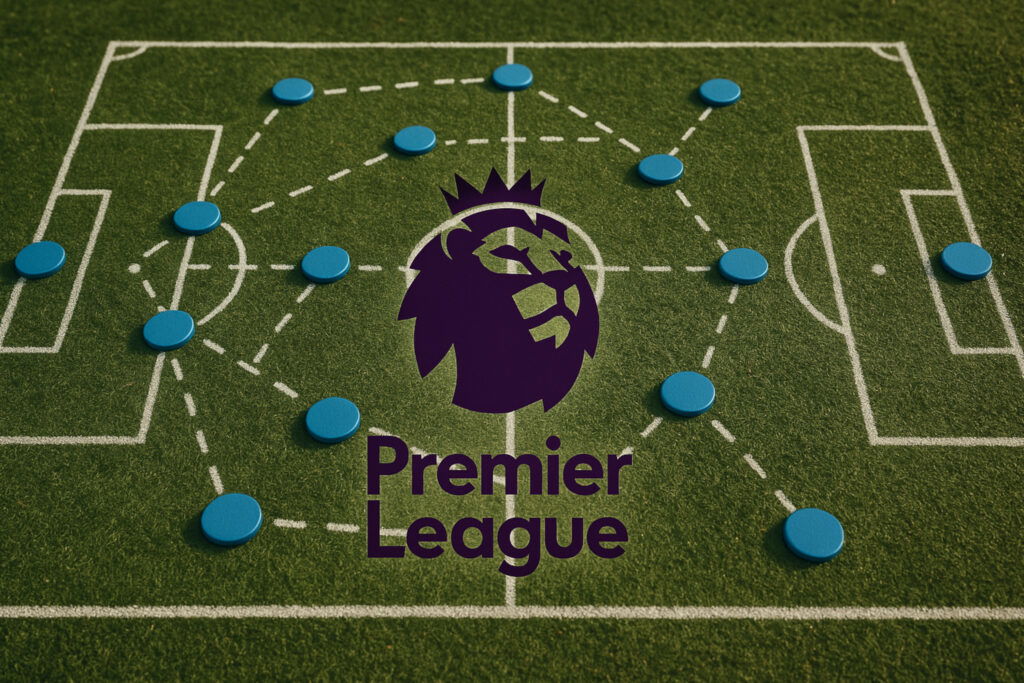
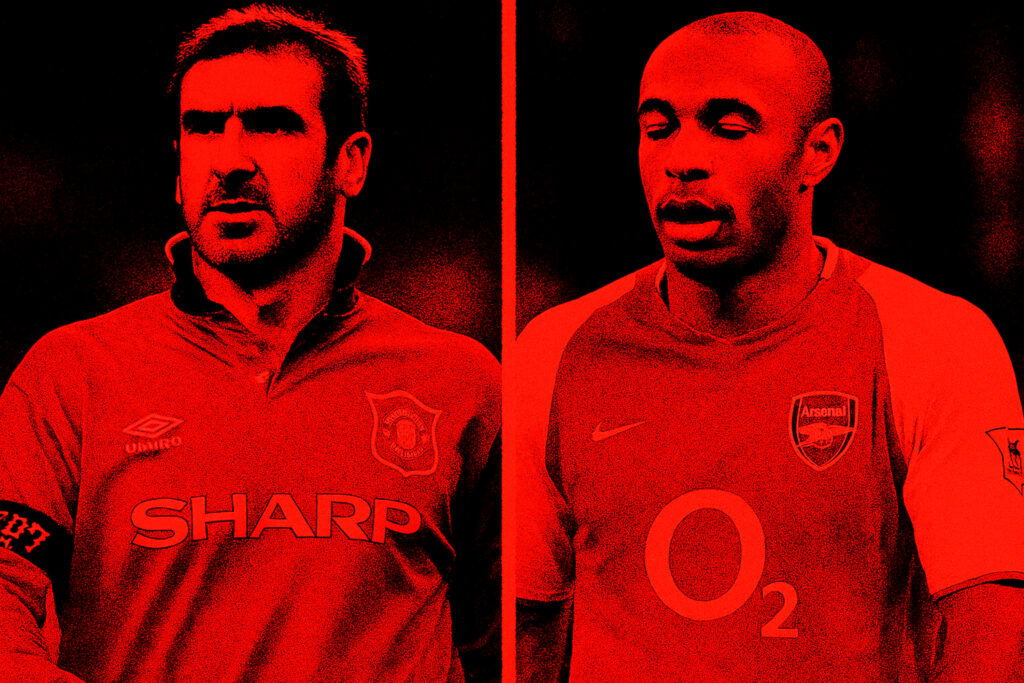
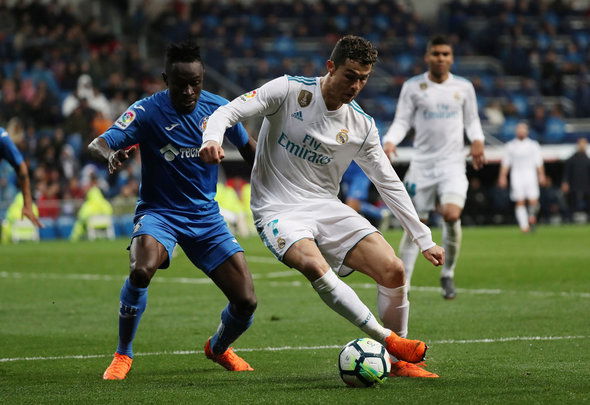



















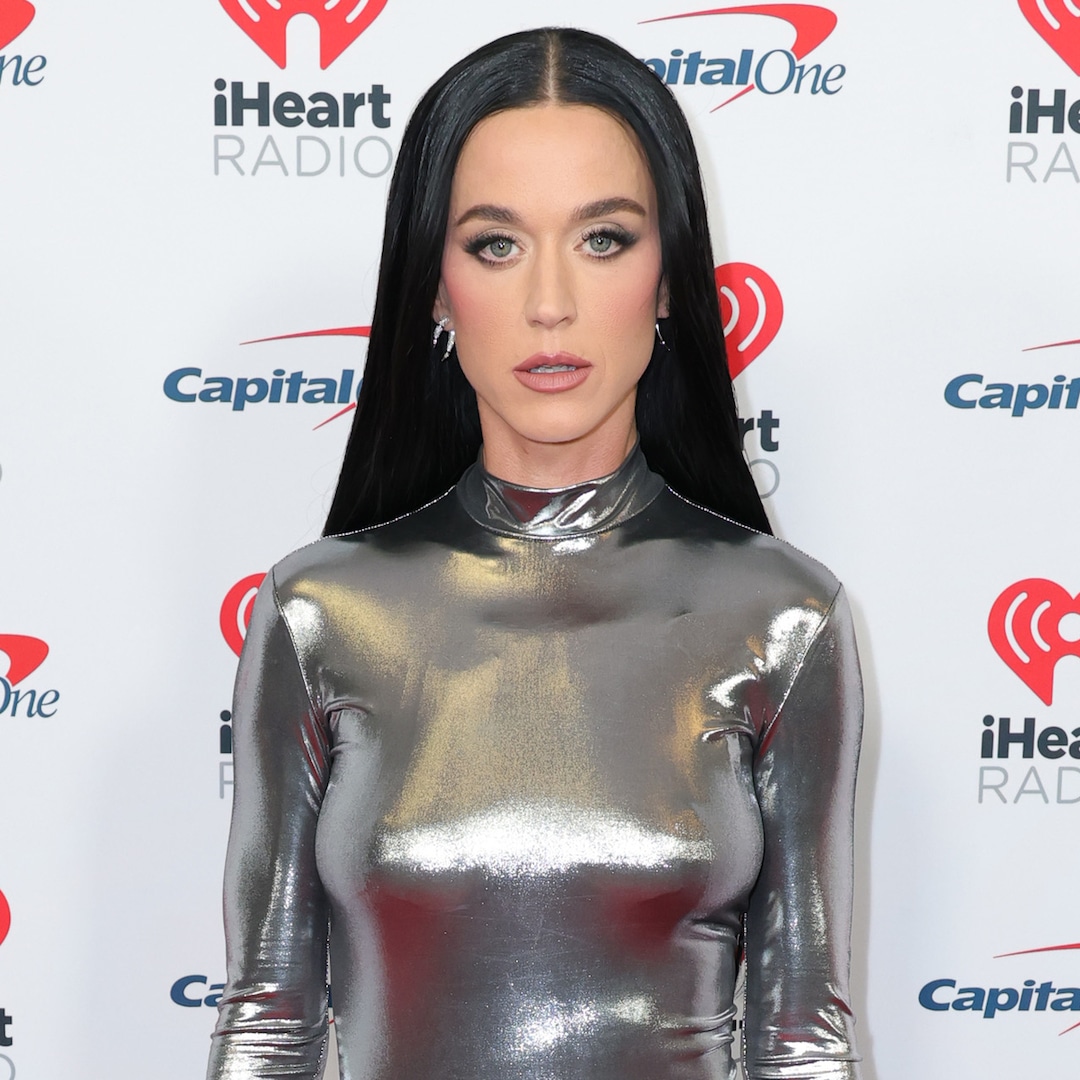
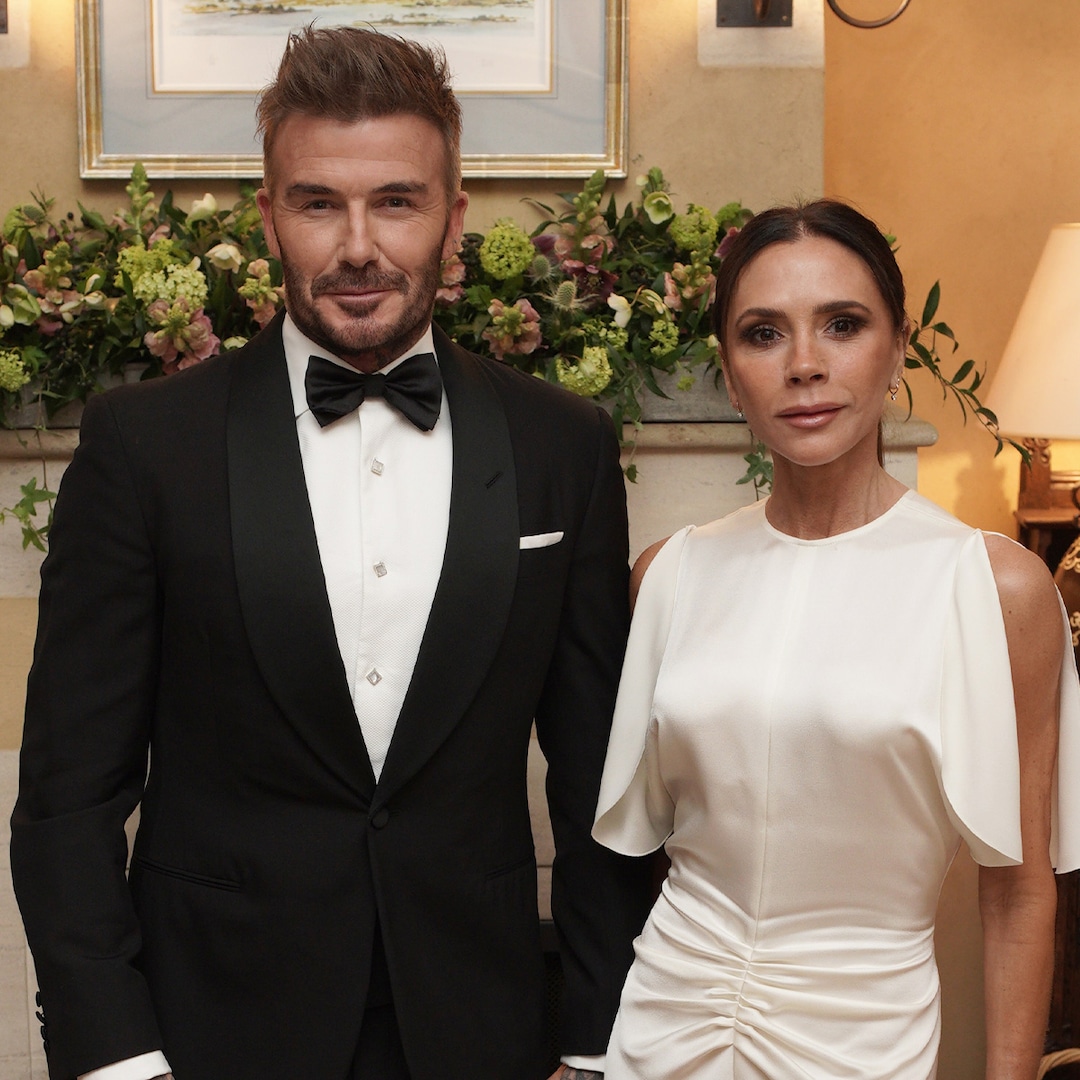
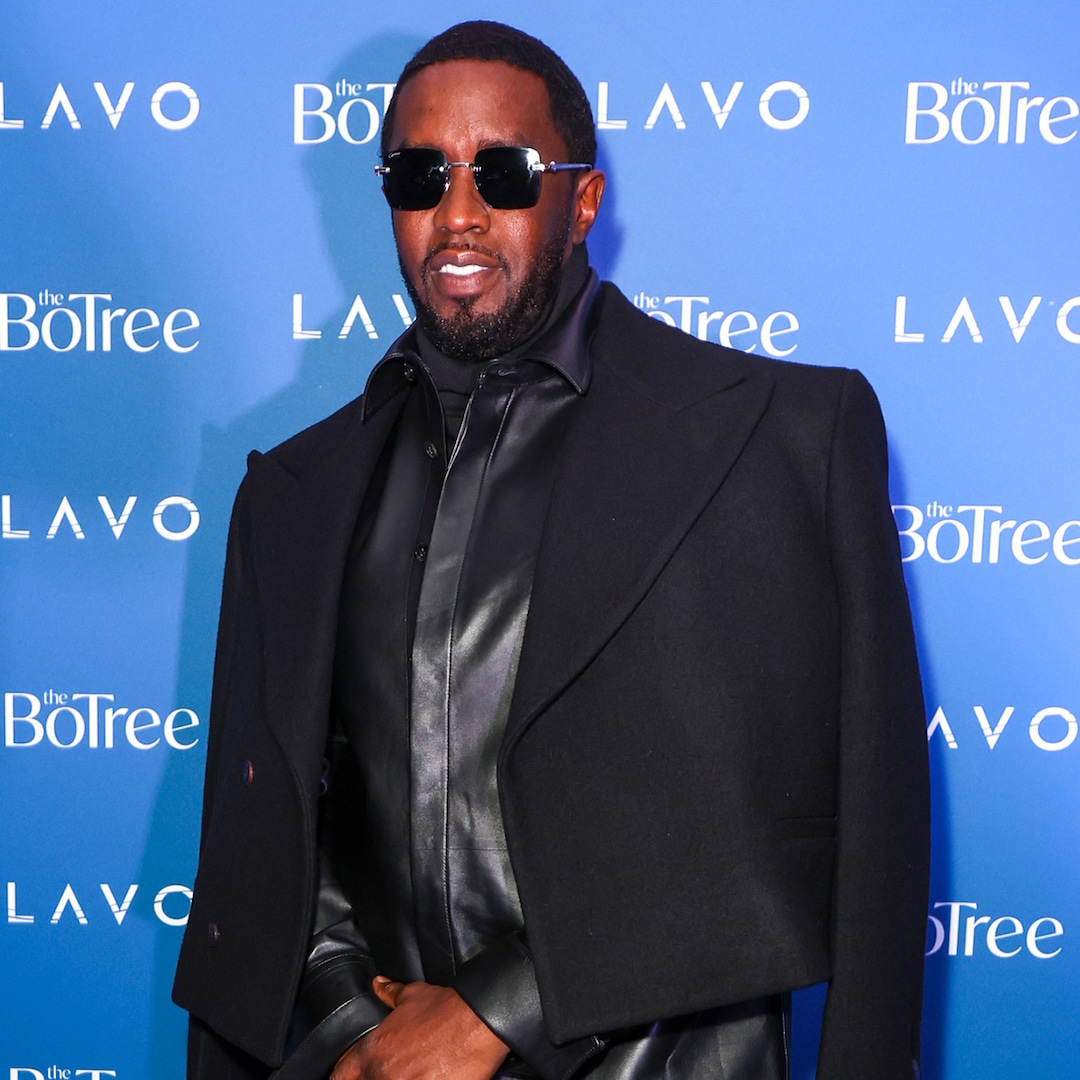
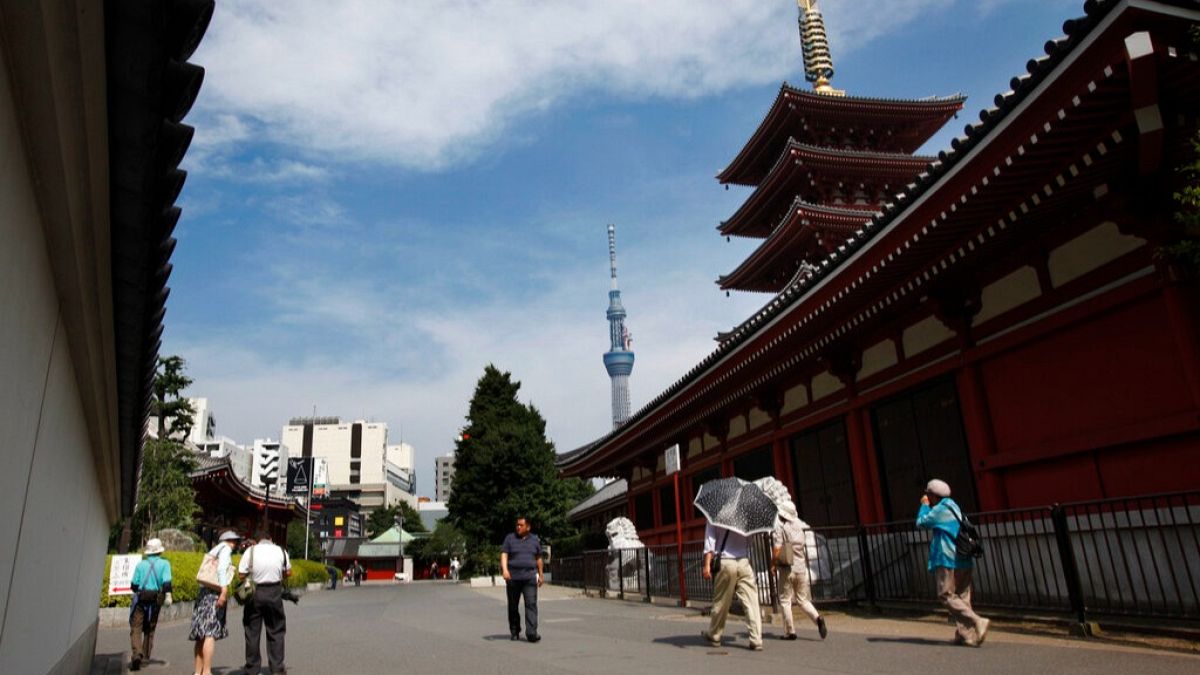
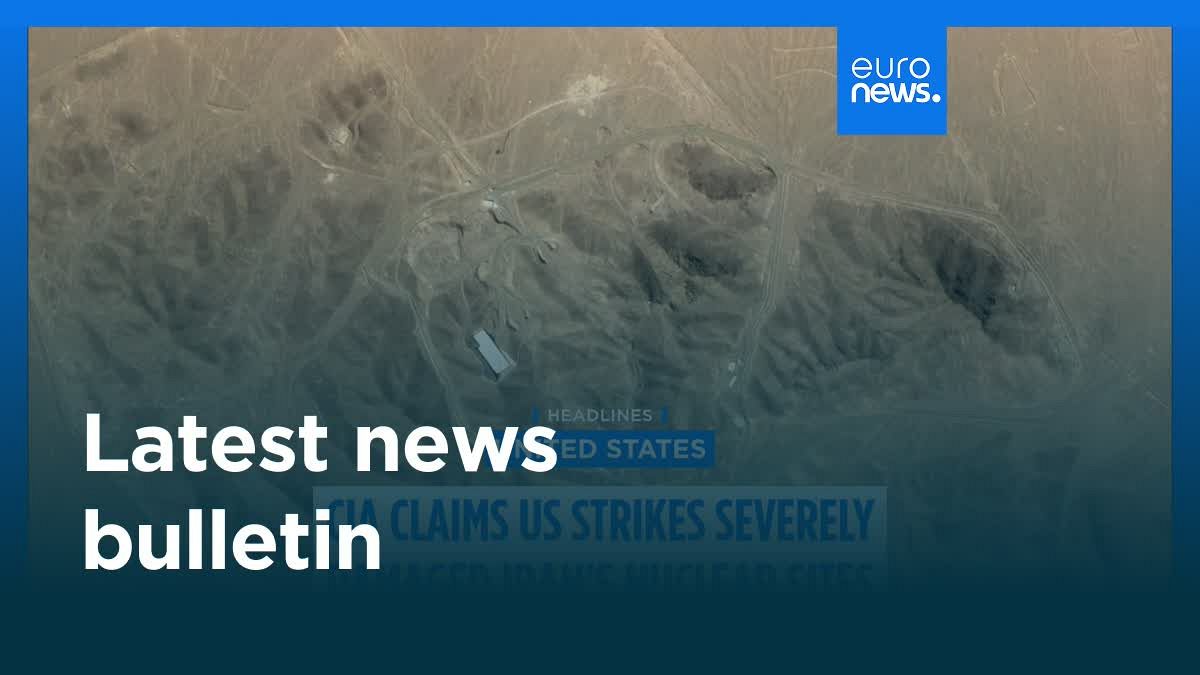
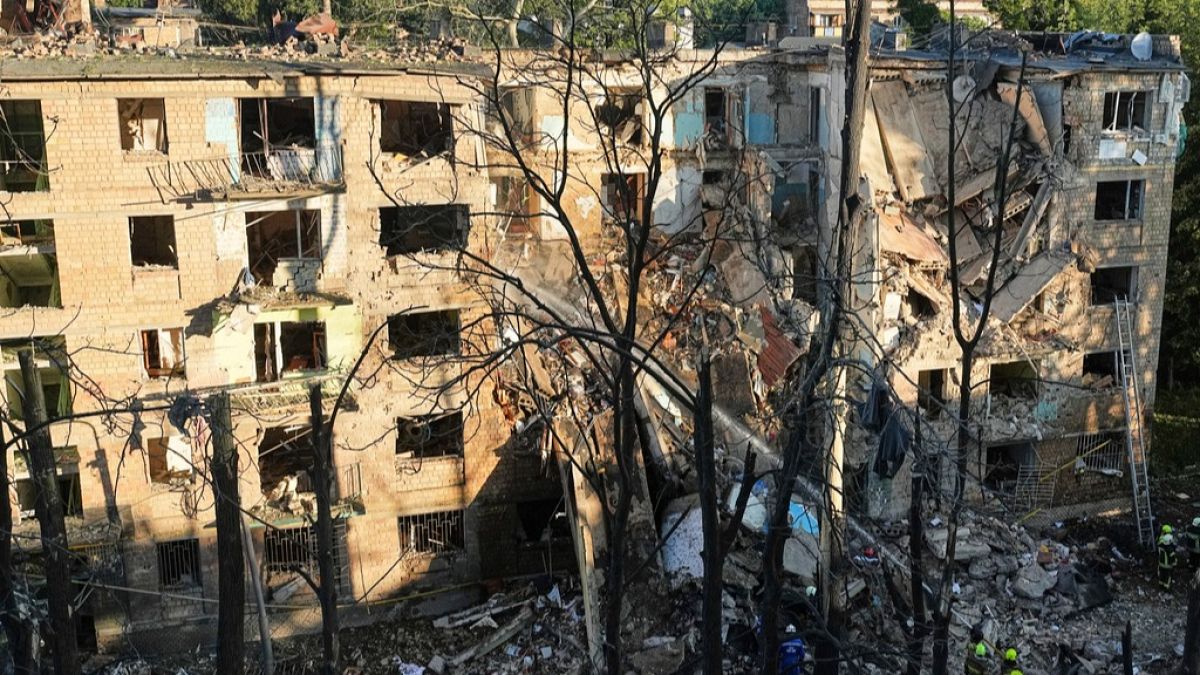
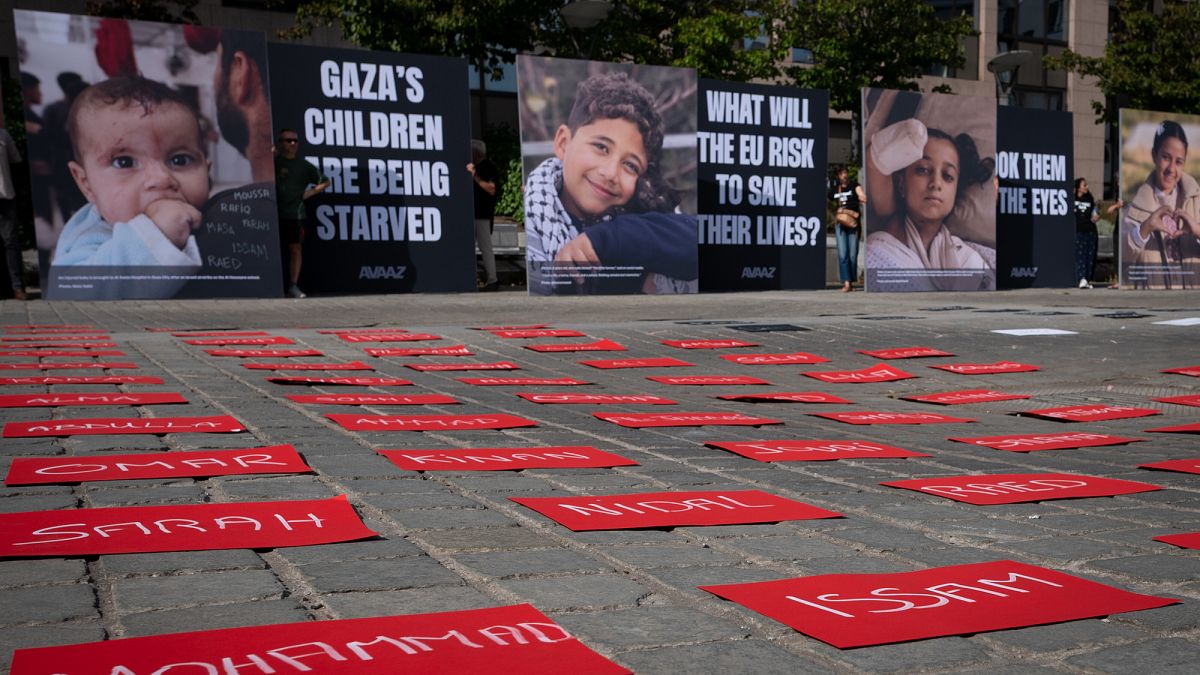






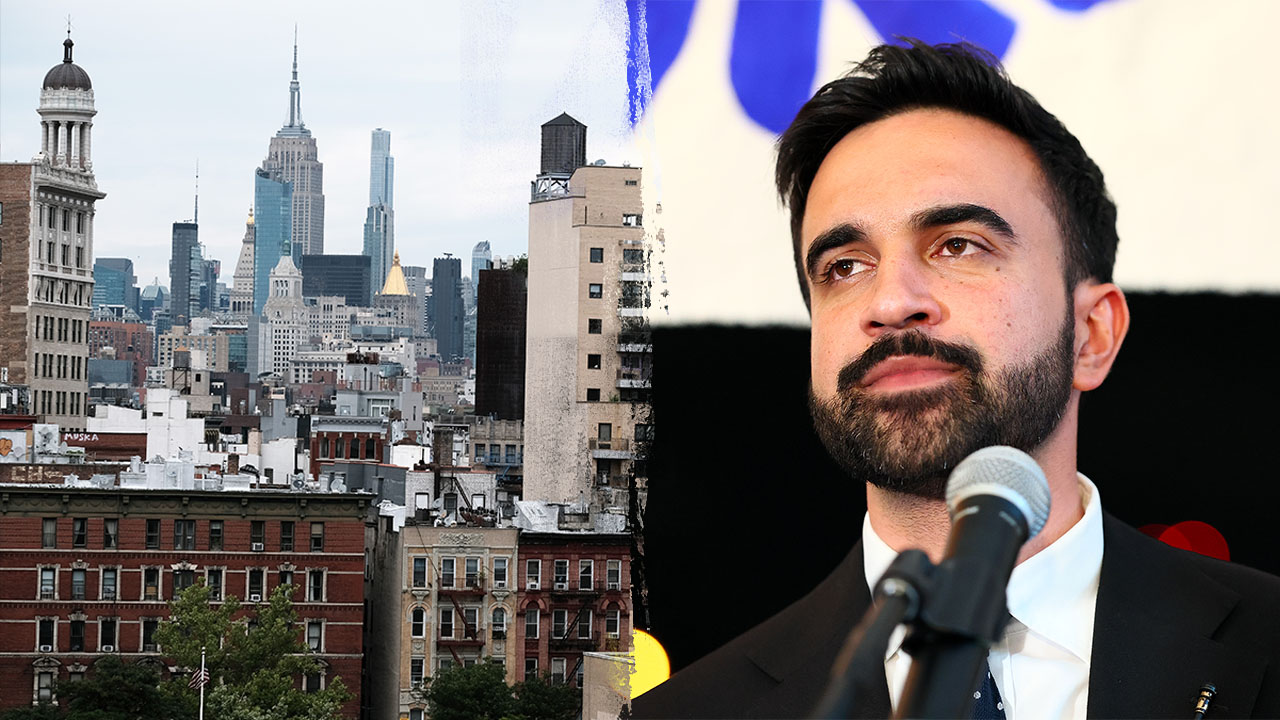

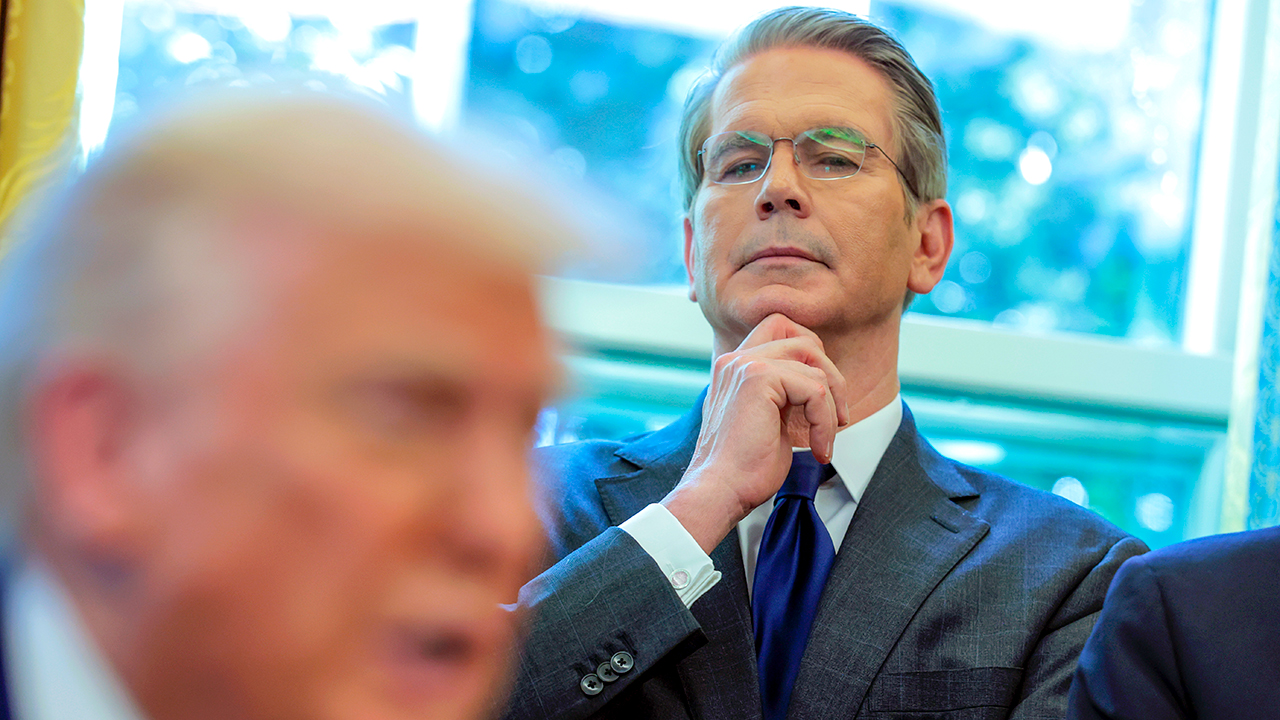

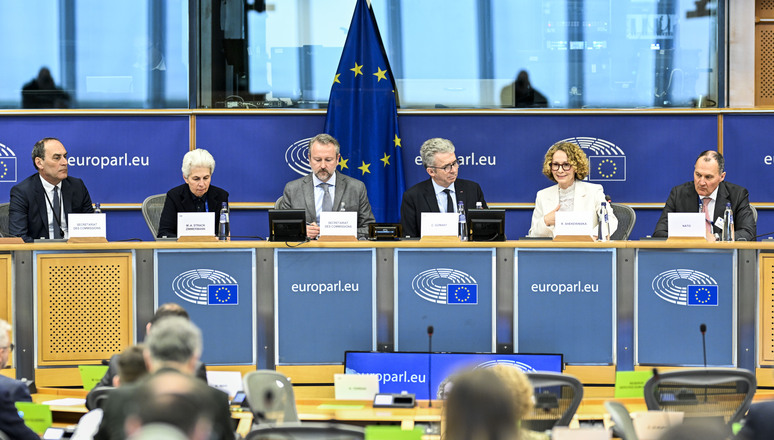
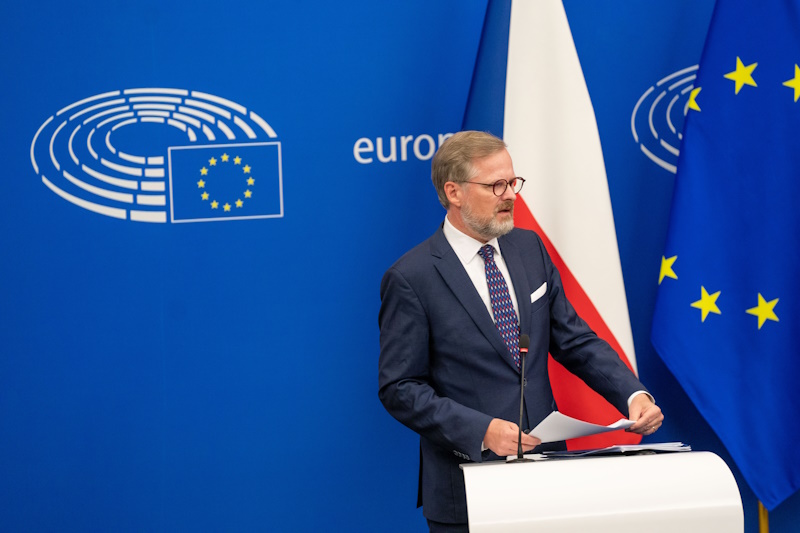

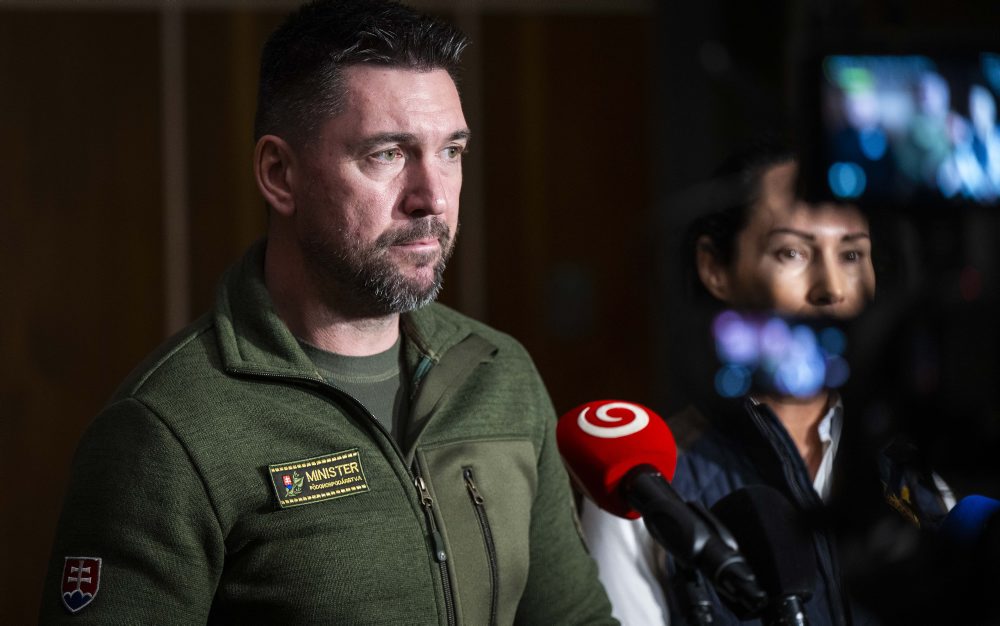
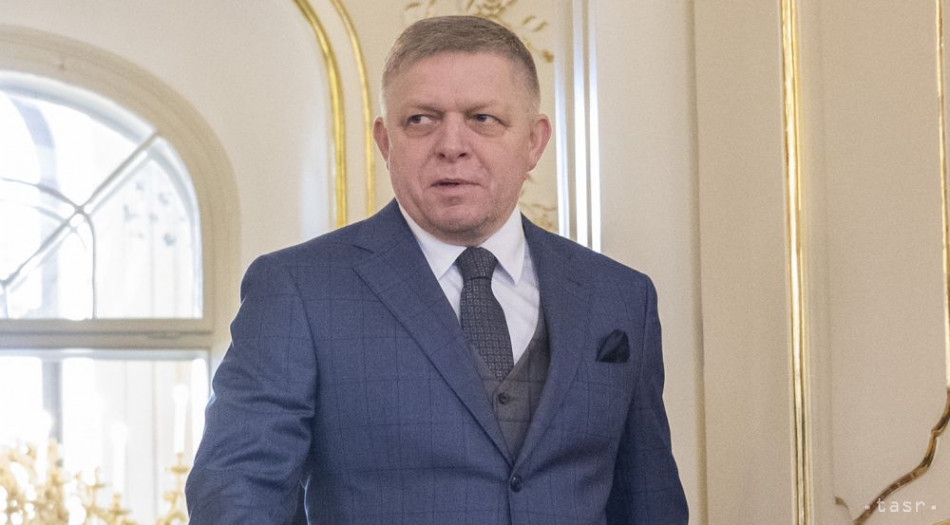



.png?Expires=1838763821&Key-Pair-Id=K2ZIVPTIP2VGHC&Signature=IO0~CT3pU-TcxGc~yoZSmoQx23MZVuK-~4jSii~NKEblRmyO3el7NXPu~Rh1o23voASg7hlcHLw4kvQuDK1jssEhcjoNBBvEpZ~GGOAU6yosBhpHpeF179F~h7i6VxmsBNh9gtTutkoqY73O2YCFey~IAqSzKbBqETP1kP9cAg1916Z1YkJJs-5MliMrkZ5d7-mWGLbpHp2wGj2VlMph8XzYlL4~y1O7fB~JdIS~Rs4RMRs2x0WT1qUIpHAsf3GdwtOyAmKFSpIg8xCyNGZZ5h~13nXlmpd7uPvW8tBfttpG9pFTqcway-uch5WyfHOEfi7UlJCOWrr6fCYY5PMgSg__)







